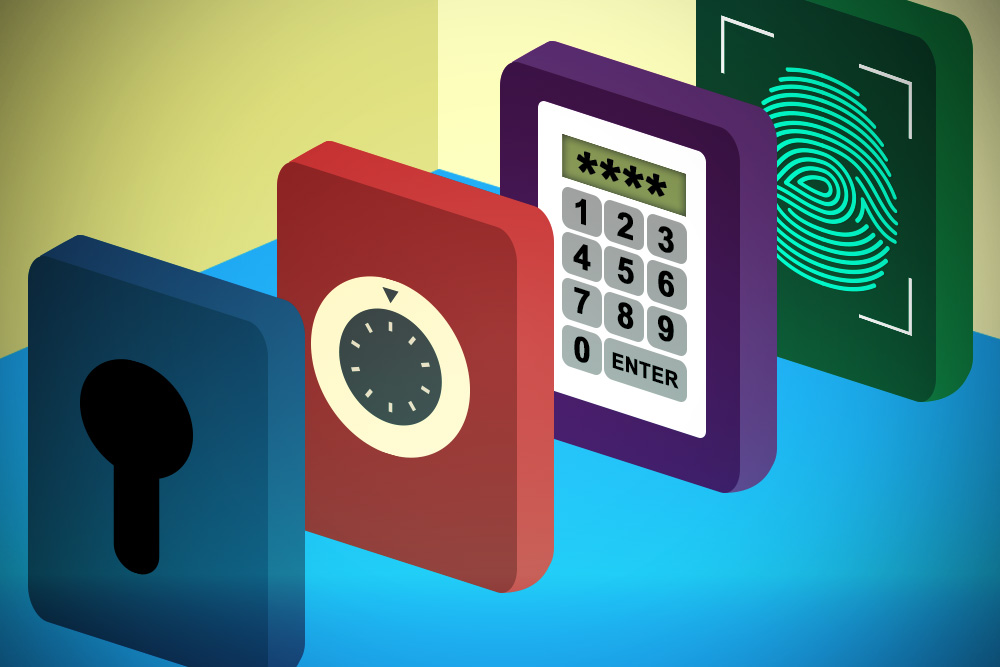
Improve Your Cybersecurity By Following These Steps
The bad guys have started preying on small businesses because of the weaker cybersecurity, which, without their knowledge, may serve as cyber-gateways for hackers to infiltrate the bigger organizations that they may be connected with. Based on the Wannacry attacks, almost 80% of cyberattacks start with businesses with a small number of employees.
Also, it’s quite hard for a small business to fend off the wide range of modern cyberattacks. Startups, in particular, don’t have an idea of what is happening until it’s too late.
To help protect your business from attacks, here are some best practices on how to prevent cybercriminals from gaining access to your precious data.
Have Control Over Admin Access
Studies reveal that uncontrolled administrator privileges present some real IT risks to organizations. However, a huge number of small businesses still don’t take the time and put in the effort needed to set up the regulated access limitations for non-IT employees, especially when these staff is using their personal devices. advise you to enforce a form of security fencing that prevents access to sensitive data.
Put Different Layers of Security
To make sure that your operating systems are safe, you should regularly check for weak spots and examine if there are any infiltration attempts from the bad guys. Set up specialized security software to watch for weird or unidentified web traffic and to block any log-in attempts from unauthorized entities. Finally, layers of firewalls and applications should be set up to block intruders from all points of entry.
Put Security Guidelines on Personal Devices
You can also take basic and non-intrusive ways to safeguard the security of your staff who use mobile devices. You can do this by requiring your staff to regularly update their passwords. But, if a cyberattack does happen and a personal device needs to be checked, make sure that you handle the situation carefully and collaborate with HR and legal teams to ensure that the employee’s private data is not compromised.
Follow a Security Process
Even if you take precautions, security issues may still arise at your company. It’s important to have a process that all of your employees are familiar with so that everyone can handle any incidents properly.
Make Sure That Attacks Can Only Infiltrate a Small Surface
You must also take a look at the technologies your operation is reliant on and make every move to block off entry to hackers. You need to always ask yourself this question: Should this information be online?
Put Up Security Patches
The good thing about smaller businesses is that setting up security patches is more manageable. After security advisories have been put in place, check for any weak spots then patch them up as soon as possible.
Always Have a Backup. ALWAYS.
In case a cyberattack does happen, it would give you peace of mind to know that you still have access to your data. That is why any IT professional will advise that you should always have backup storage for files and data.
Recent Posts
- How Does GPON Improve Network Efficiency?
- What Are The Advantages Of GPON?
- What Are The Benefits Of IT Outsourcing?
- What's The Deal With Ransomware Attacks?
- Are GPON Providers Widely Available?
- What's GPON's Impact On Bandwidth?
- Why Is Multi-Factor Authentication Important?
- How To Ensure Data Privacy Compliance?
 Blogs
Blogs Infographics
Infographics Videos
Videos Podcasts
Podcasts Case Studies
Case Studies Call For Quote
Call For Quote